Dominic Furiani the School of Arts and Enterprise Email
Should I go to fine art school?
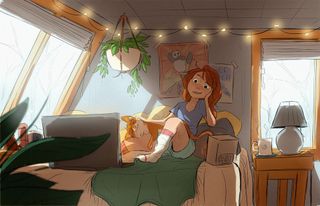
Should I go to art school? It'south a question you'll exist asking yourself if you want to bring together a large-name studio, work on AAA video games, blockbuster films or a groundbreaking TV serial. Is a degree the all-time option, or would it be amend to teach yourself through online tutorials and courses?
We've spoken to artists who have lived through that conclusion, and come out the other side with bang-up advice on which choice might be the best one for you. Any pick you brand, though, you'll demand a killer pattern portfolio, and you might fifty-fifty find a dream job or internship over on our pattern jobs board.
So how practise you decide?
Usefully, Lauren Panepinto, creative director and VP of Orbit Books, has created a tongue-in-cheek flowchart that can aid guide yous towards an informed choice.
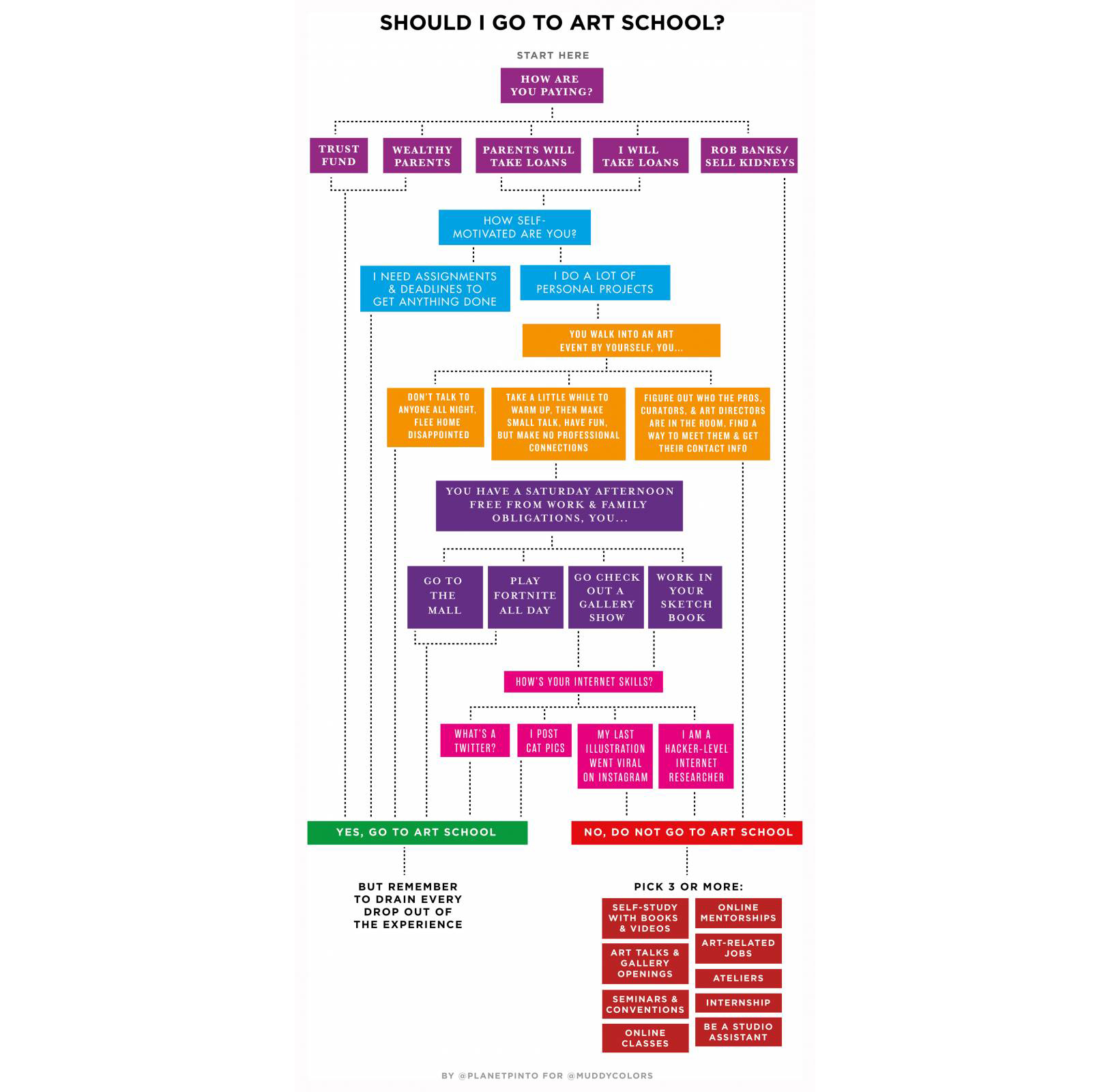
But if that hasn't quite helped you brand up your mind for y'all, hither are some more than words of wisdom from successful artists.
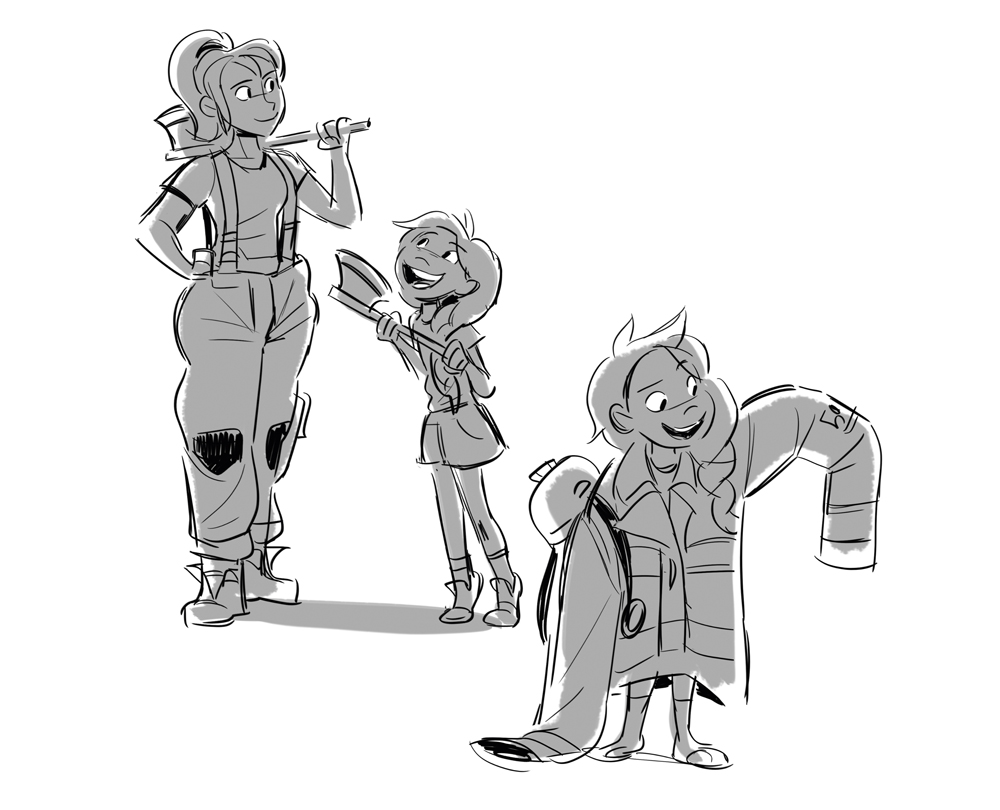
In 2016, Daniel Tal graduated with a BA in applied arts animation from Sheridan College in Oakville, Canada. He's since been employed as a story creative person with Pipeline Studios in Hamilton, so the formal path conspicuously worked for him. Nevertheless he has a startling access. "I realised about a twelvemonth or two into college that the entire curriculum, more or less, "was achievable on my ain," he recalls. "Near everything school teaches yous, yous can larn yourself through books and the internet."
That said, Tal doesn't regret his BA. "I'thousand not the type of person who can self-regulate well," he says, "and going through a formal plan forces yous to avert procrastination." It likewise exposes you to things you might not have considered. "I merely found involvement in storyboarding in my second year of college," says Tal. "Had I not gone, I don't think I would have ever tried it."
School doesn't have it all
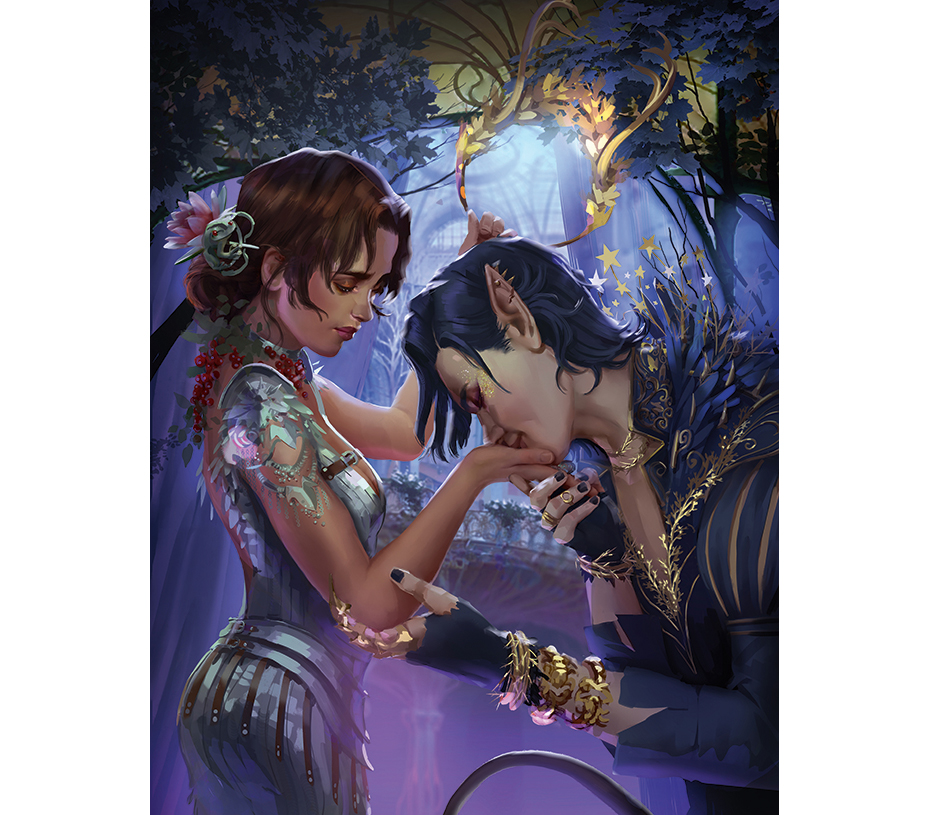
Not all courses are perfect, of grade. Mélanie Conservative, now a concept artist for Volta, had a less-than satisfactory feel studying second and 3D animation at a academy in Quebec. "I was role of the first cohort, then a lot of things moved around when I attended," she says. "None of the teachers were 2nd animators, and while they were very nice, none of them had the skills to mentor a student hands-on when it came to 2d." Consequently, Bourgeois had to fill in the gaps herself, using online learning resource. Yet she's unsure how well she'd have coped if she'd cocky-taught entirely. "School helped me focus; I might take plant it overwhelming all on my own," she says.
"Online learning as well doesn't provide the same level of contacts and networks, or strength you lot to swallow culture outside your personal tastes." The choice largely depends, Bourgeois feels, on the private. "I know many successful artists who are self-taught," she says. "And no one is going to refuse a expert artist considering they don't have a slice of paper."
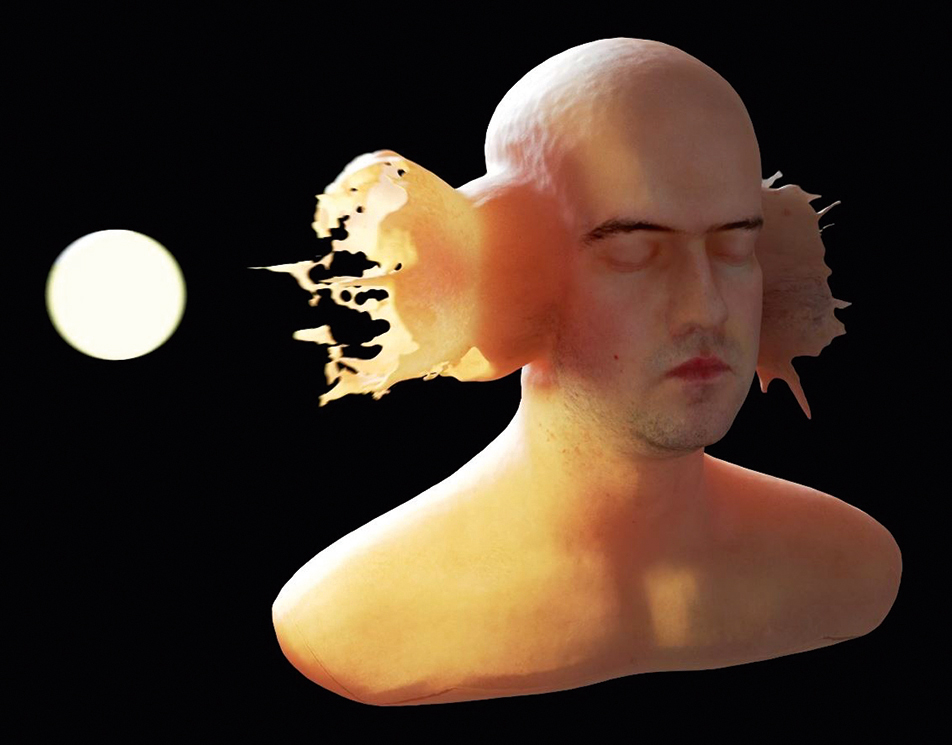
But if both paths are valid, which is right for yous? "It'due south a very tough determination, with many factors to consider," says Nick Fredin of online course provider CG Spectrum. A major 1 is cost: "In the US, degrees can price over $100,000, with no guarantee of a job at the end of information technology." Going it alone, though, can be daunting. "Without structured pathways guiding y'all towards your goals, self-teaching can exist overwhelming and frustrating," he cautions. "Opening a tool similar Maya for the first time can be pretty scary."
Student debt can be a cistron
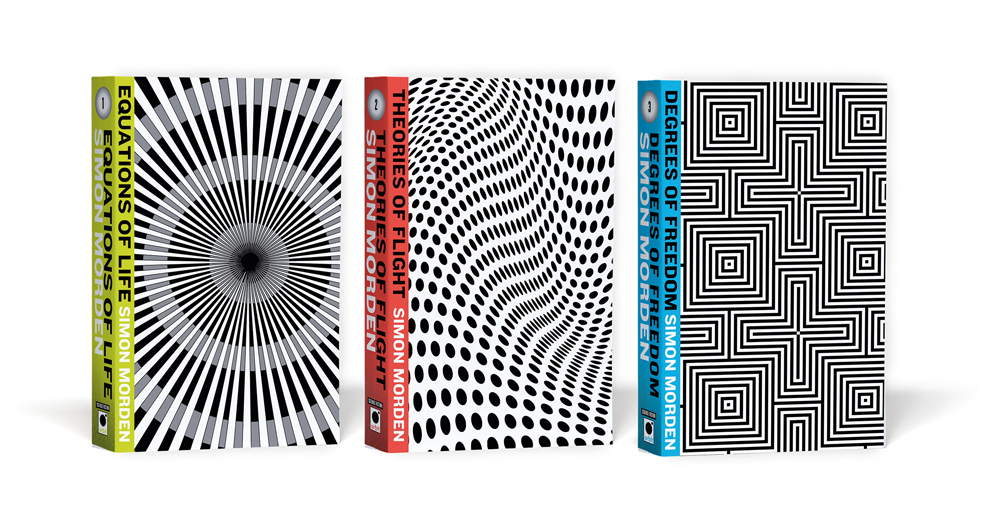
And then what's Panepinto'southward personal have? "I'm glad I went to art school," she says. "But if I had to do information technology once again, and go into deep debt as a result, I probably wouldn't. I'd go to a community college, get a cheaper, well rounded caste, and study fine art on the side. I'd employ the money I'd saved to travel to seminars and conventions, and take online mentorships."
You'd might look Sean Andrew Murray – a concept artist for the entertainment industry who besides teaches Illustration at Ringling College of Art and Design in Florida – to disapprove of self teaching. But he, besides, can see the benefits. "Information technology enables you to craft exactly the kind of education yous want, without all of the stuff you don't," he says.
"Yous can learn at your own pace, whether that's tedious and steady – perhaps while working another job – or apace, to get into the field quicker than the standard four year higher education program."
Building a network
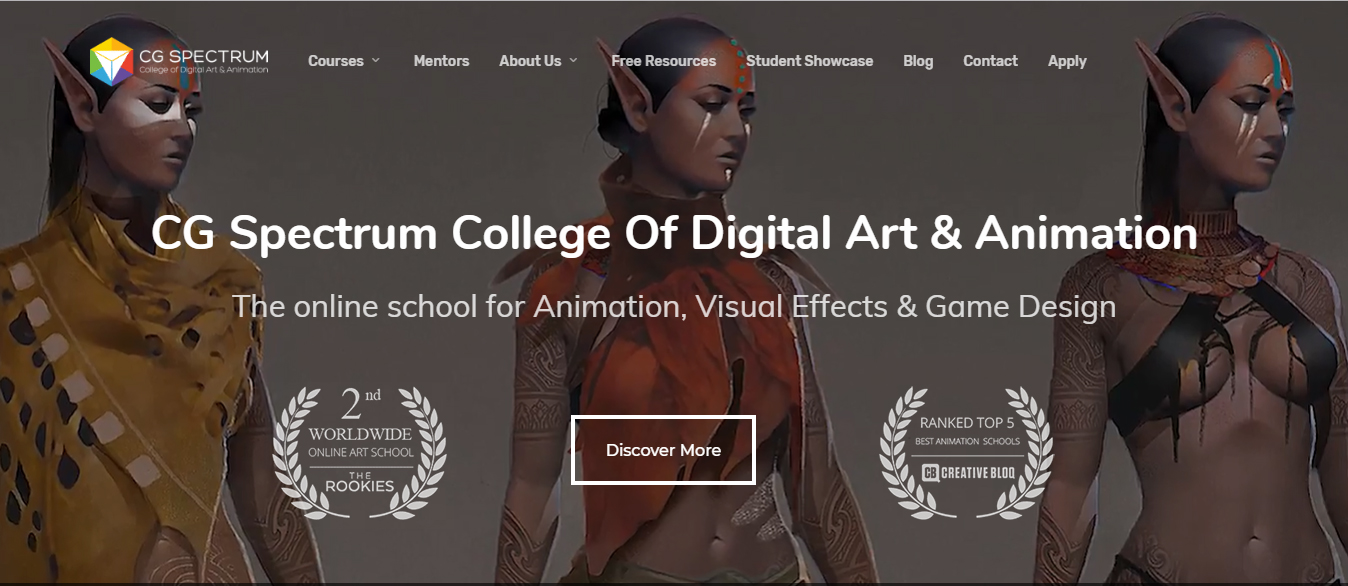
1 big disadvantage, though, is that it'll probably be harder to build your network.
"The best schools connect students with a network of professors – many of whom may be industry pros themselves – as well every bit directorate, visiting artists, networking and recruiting events, and as well other students, who act as your support system for years to come," Murray says.
In truth, though, for near students it's not a case of choosing between two directions, but a mixture of both. Those in academia will supplement their courses with online learning, while going the self-pedagogy route doesn't necessarily mean taking a scattergun, isolated approach. Some online courses are pretty shut to those offered by traditional universities. Accept CG Spectrum, which offers courses in animation, VFX and game pattern.
"We offer specialised online pedagogy taught by award-winning mentors who are working in the industry, so y'all're beingness taught by the very best." says Fredin. "Our courses are built with input from major studios, so yous graduate with the skills that employers are hiring for. We cut out all the noise and only teach what's industry-relevant, then students aren't wasting their difficult-earned coin."
A virtual classroom
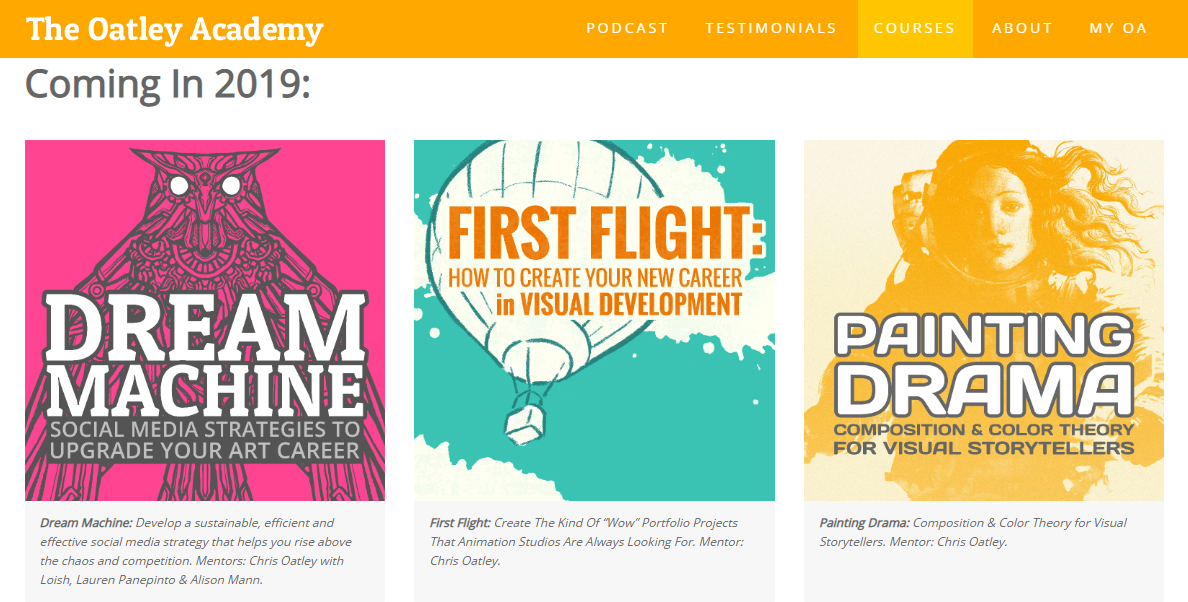
The Oatley University of Visual Storytelling, which helps artists further their careers in animation, illustration, games and comics, takes a similar line. Every bit its founder, Disney artist Chris Oatley, says: "Although we're an online school, we offer real-time mentorships, where you work with the instructor and your fellow classmates in a virtual classroom setting, but like y'all would in a physical school. To me, 'Physical or online?' is non the question. The question is: 'How effective is the instruction?'"
In general, Oatley recommends what he calls a "Frankenstein approach" to art teaching. "Seek out the best teachers – whether online or offline – and learn from them," he advises. "Information technology really can be that simple… and far more than affordable."
This commodity was originally published in ImagineFX , the world's best-selling mag for digital artists. Subscribe to ImagineFX .
Read more:
- How to break into pixel art
- How to go a design job: 7 good tips
- Design jobs: find your dream role with Creative Bloq
Related articles
Source: https://www.creativebloq.com/advice/should-i-go-to-art-school
0 Response to "Dominic Furiani the School of Arts and Enterprise Email"
Post a Comment